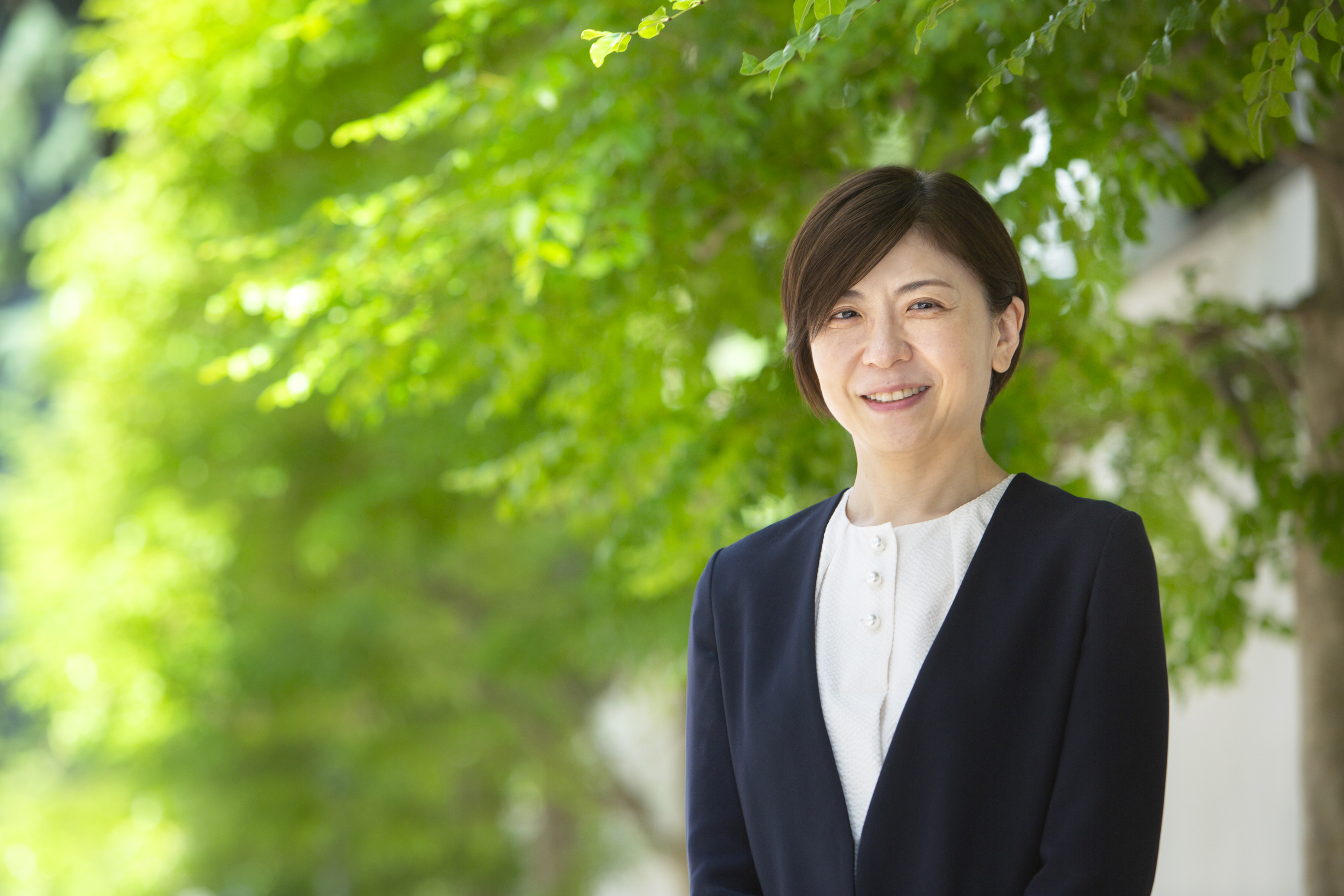In 2024, Official Development Assistance (ODA) celebrated its 70th anniversary, and the year before the Japan’s Development Cooperation Charter, which guides Japanese ODA, was revised to include "human security" as an underlying principle for all JICA projects, to promote the creation of a society where all people can live with dignity, free from fear and want. The ODA’s policy also calls for the promotion of "co-creation" to create new solutions and values together with various stakeholders in Japan and around the world, as well as with partner countries such as Indonesia.

Today, the world is facing compounded crises such as conflicts, climate change, and infectious diseases that threaten the life, livelihood, and dignity of every human being. Overcoming these crises and building a peaceful, stable, and prosperous region and international community are essential for the peace, stability, and prosperity of both Japan and Indonesia. It is necessary for both countries, as well as various stakeholders in each country, to work together to address issues that cannot be resolved by a single country.
Indonesia and Japan have a long history of cooperation. Since establishing diplomatic relations by signing a peace treaty and a reparations agreement in 1958, 13 years after the end of World War II, Japan has promoted economic and social development of Indonesia and strengthened friendly relations between the two countries through ODA. Today, as "comprehensive and strategic partners" who share fundamental values and principles such as democracy, Japan and Indonesia are committed to cooperating in areas of common interest while strengthening their response to regional and global challenges.
Indonesia is a large country with vast land and exclusive economic zone, a large population, and abundant natural resources. In recent years, it has maintained a stable economic growth rate of approximately 5%, except during the COVID-19 pandemic, and is aiming to become a developed country by 2045. It is an important energy supplier for Japan, and its population size and purchasing power have made it a promising market for many Japanese companies. In addition, as Japan's birthrate declines and the population ages, Indonesia is becoming increasingly attractive as a supplier of workforce in fields such as nursing care, agriculture, and construction.
On the other hand, Indonesia continues to face challenges such as economic disparities, insufficiency in public transportation, waste management, and sewage treatment especially in urban areas, environmental issues caused by forest and peat land development, increasing disaster severity due to climate change, and quality of education. At the same time, the country aims to achieve further economic growth and poverty reduction through sustainable management and effective utilization of abundant resources (food security, energy security, industrial downstreaming, and development of high value-added industries), infrastructure development, and human resource development.
JICA will continue to strengthen its efforts in the areas such as infrastructure development, human resource development, disaster prevention, blue economy, and green transformation, building on the relationship that our predecessors have built over time since the end of World War II, and taking advantage of Japan's strengths as seen from Indonesia's perspective. We will also work to propose and implement new solutions by bringing together the wisdom and resources of a wide range of stakeholders, including private companies, local governments, universities, and NGOs in both countries. We will also support Indonesia's accession to the OECD and cooperate with ASEAN's efforts to strengthen international cooperation in resolving regional and global issues. We look forward to your understanding, cooperation, and participation in these endeavors.
Chief Representative,
JICA Indonesia Office
TAKEDA Sachiko





scroll